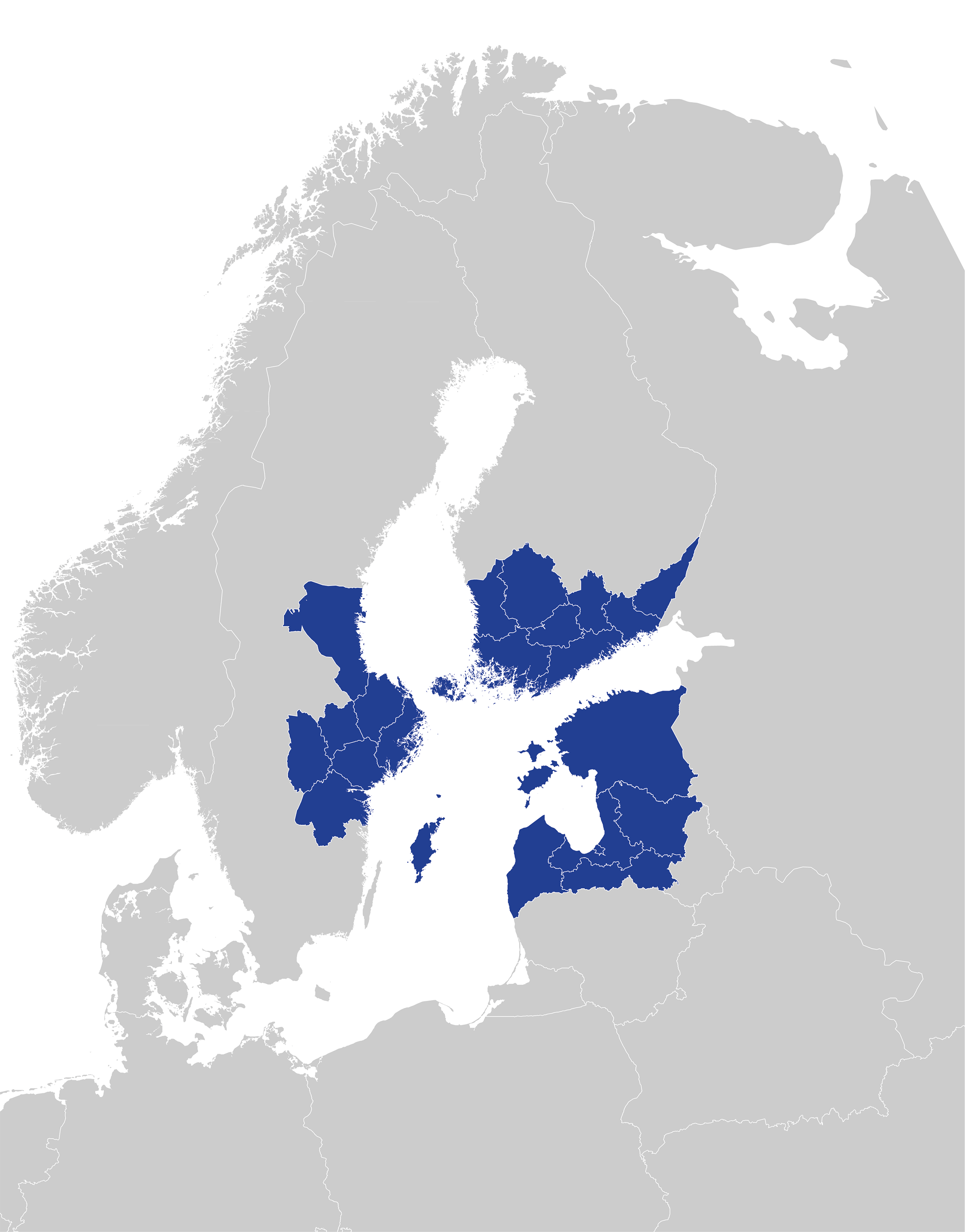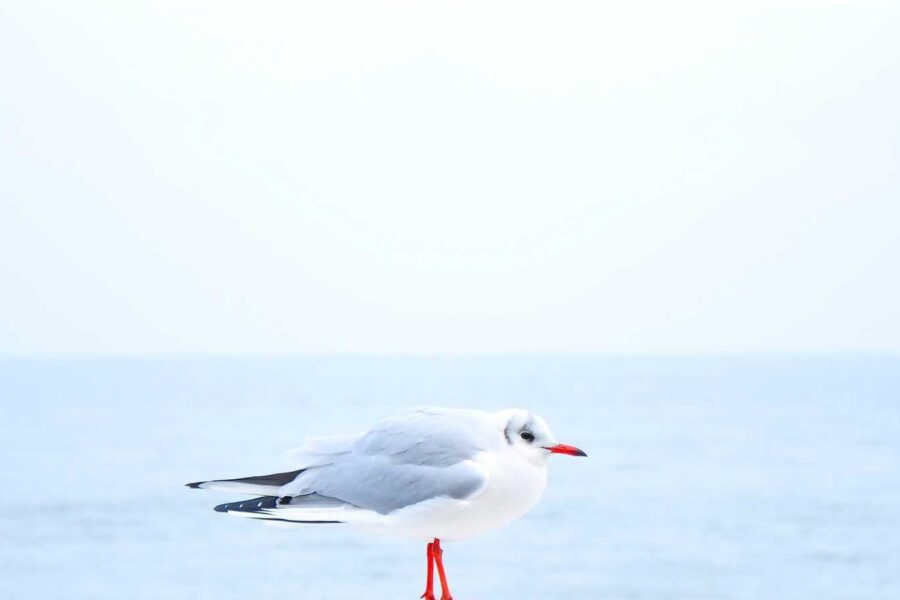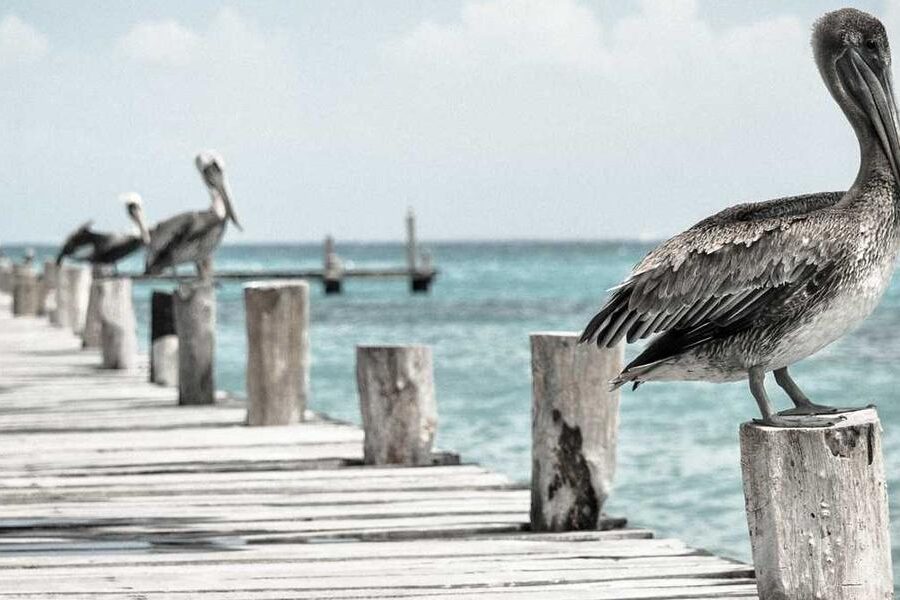This is development site
Sustainable Silage
Sustainable Silage

Sustainable Silage
The farm nutrient runoff is one of the sources of nutrients eventually entering from surface waters to the Baltic Sea. As livestock farming has become more effective and intensive, so has the silage production. As today’s silage production technologies have not been studied enough from nutrients leakeages point of view, then there is a need to map and address the environmental risks. While doing it we need to look at the whole chain from growing silage to storing and using it, as well as waste management of used silage plastic. Farmers need more information and professional expertise about different innovative agri-environmental solutions in silage production, which are most applicable for project area. Thus there is a need for pilot and capacity building activities targeted to the animal husbandry sector in Estonia, Latvia and Finland.The environmental risks from silage production need to be addressed in cross border cooperation, as national efforts only are not sufficient.
The project “Sustainable Silage” is focusing on reducing silage effluents in full silage production cycle in farm level. Planned silage management analysis cover the environmental, economic, and quality aspects . 20-25 farms from pilot areas test different farming practices and solutions in silage production, and the impact to the nutrien leakages will be evaluated and analyzed. Farmers receive well-founded information, practical guidelines and recommendations about the efficiency of different types of technologies and farming practices, which have real positive impact to the environment.
It is the first joint initiative of agricultural producers, farmers organizations and research institutions in Central Baltic area focusing to the environmental issues in silage production.
Planned total project budget is ca 2,1 million euros, incl. LP ca 380 000 €, PP2 ca 330 000 €, PP3 ca 320 000 €, PP4 ca 300 000 €, PP5 ca 300 000 €, PP6 ca 300 000 €, PP7 ca 170 000 €.
Expected results
Ca 25 pilot farms will be involved to the project from 3 countries. In these pilot farms the farming practices and technologies will be implemented for testing different new and innovative solutions and methods in silage production. It is expected that ca 20 pilot farms can demonstrate real results in reducing nutrient runoffs from silage production cycle.
Duration 01.01.2023 - 31.12.2025
Total budget
Programme priority
Improved environment and resource useProgramme objective
PO4 - Improved coastal and marine environmentLead partner
The Estonian Chamber of Agriculture and Commerce




Find Sustainable Silage on social media